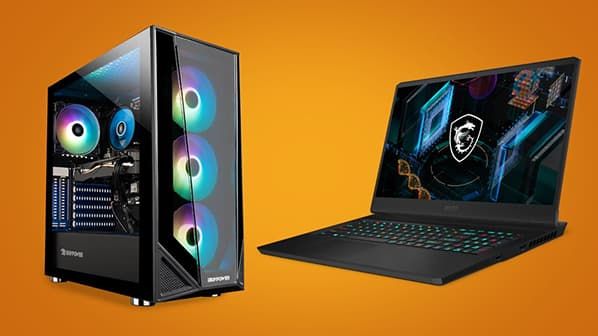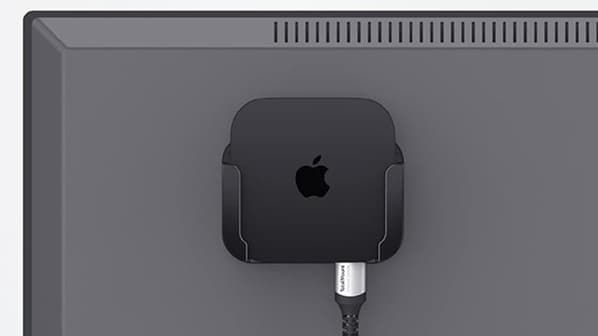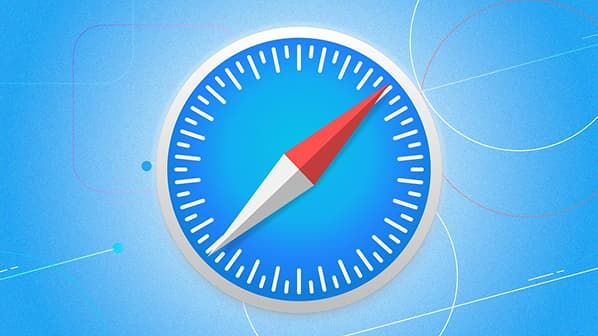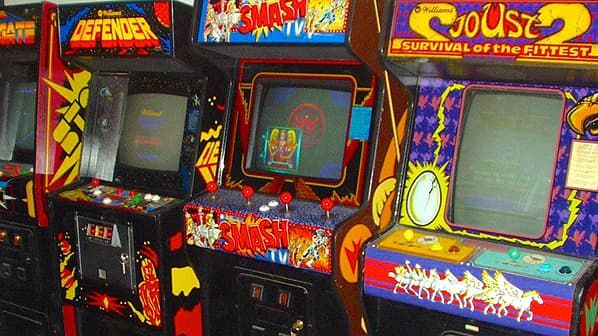The gaming sector features an eternal choice between desktop PCs and gaming laptops that connects performance capabilities with portable features and cost elements and system flexibility. Both platforms have changed dramatically, yet their inherent differences continue to make one more ideal than the other based on the gamer’s preferences.
A Brief Guide to Construction Jobs

Performance and Hardware Differences
Desktop gaming systems usually outperform gaming laptops even when both have seemingly similar hardware. Desktop computers possess powerful thermal environments which enable them to support heavyweight components at high speed operation while accepting full-sized parts. When comparing an Nvidia RTX 4080 and Intel i9-13900K desktop configuration versus the mobile version of these components in a gaming laptop you will notice about a 35-42% higher benchmark performance and actual gaming capabilities. The differences in performance yield superior average frame rates and enhanced 1% low frame rates and greater game performance which both ensure fluid gaming performance.
Heat limitations along with power restrictions found in laptops cause an imbalance of system performance. Gaming laptops use heat and power-efficient versions of mobile processors and graphics processors as part of their design requirements. The restricted enclosure spaces prevent sufficient airflow so laptops require excessive thermal throttling when used for prolonged gaming periods. The throttling mechanism protects against overheating because desktop computers usually avoid overheating with their multiple cooling systems including air and liquid management.
Portability and Convenience
Gaming laptops stand out when it comes to convenience and portability. They take all the screen, keyboard, trackpad, and battery and put them together in one little package, which users can bring with them everywhere-there from a coffee bar to a buddy’s house-without any peripheral attachments. All-in-one, such an approach is ideal for commuters or space-constrained people like college kids in dorm rooms or city apartment dwellers.
But at this ease comes a cost. Gaming notebooks are pricier than comparably specified desktops because of the engineering necessary to pack capable components into something small. In addition, battery life remains the biggest weakness; intense gaming kills the battery fast, typically demanding a power outlet for marathon game sessions.
Upgradeability and Customization
Desktop computers offer unmatched upgrade and customization ease. Units such as graphics cards, processors, RAM, and storage units are easily user-replaceable, enabling them to keep up with the demands of contemporary gaming or personalize their configuration. Such modularity makes a desktop gaming computer more durable and functional in terms of longevity and use, and hence a superior investment in the long run.
On the other hand, gaming laptops have limited upgrade options. Many are soldered to the motherboard or designed in a way that upgrades beyond RAM or storage in some models are not feasible. This makes gamers replace the entire laptop to experience improvements in performance, which is less cost-effective.
Heat, Noise, and Power Consumption
Desktops consume more power overall-often more than 500 watts loaded-than gaming laptops, which run in the 200-300 watt range. The bigger cooling mechanisms of desktops enable them to emit heat more efficiently which minimizes performance drops because of overheating. Heat spots form inside limited laptop areas due to their size which leads to thermal throttling and hardware deterioration. The restricted size of gaming laptop fans requires faster spinning to maintain component coolness which produces more noise compared to desktop PCs that can operate silently thanks to their slower-moving, larger fans.
Additional Gaming Experience Factors
Game enthusiasts benefit from desktop systems by accessing multi-monitor functionality and full support for various gaming peripherals including controllers and racing wheels and VR hardware and advanced network capabilities. The game benefits from these features that enhance gaming immersion and competition but laptops typically lack several ports and less powerful networking components.
Conclusion
For gamers interested in raw performance, upgradeability, and maximum gaming experience, desktop computers remain the best choice. They provide higher frame rates, better cooling, and longer life via simplicity upgrades. Gaming notebooks, for their part, are best suited for gamers willing to give up mobility, convenience, greater cost, limited upgrade options, and small performance sacrifices. Overall, the choice depends on how much mobility vs. highest performance is needed by the gamer.


Guess you like
-

The Most Addicting Apple Arcade Games of 2025
-

How to Differ the “Maintenance Required” and “Check Engine” Lights
-

5 AI Sidekicks for Next-Level Virtual Meetings
-

The Most Useful Gadgets Spicing Up Every Beach Lover’s Experience This Summer
-

Amazon Launches Lens Live, AI-Powered Shopping That You Can Use Right Away
-

5 Essentials for Maximum Streaming on Apple TV
Trending
-
 1
1How to Differ the “Maintenance Required” and “Check Engine” Lights
-
 2
29 Viral ChatGPT Image Prompts Redefining AI Creativity
-
 3
3Beyond The Basics: Eight Safari Tricks That Actually Matter
-
 4
4Arcade Hits That Found Bigger Crowds Beyond America
-
 5
5Google Photos Turns Users into Meme Stars with New “Me Meme” Feature
-
 6
6Bring Back Clear Dialogue: Three Samsung TV Settings That Make Speech Easy to Hear


